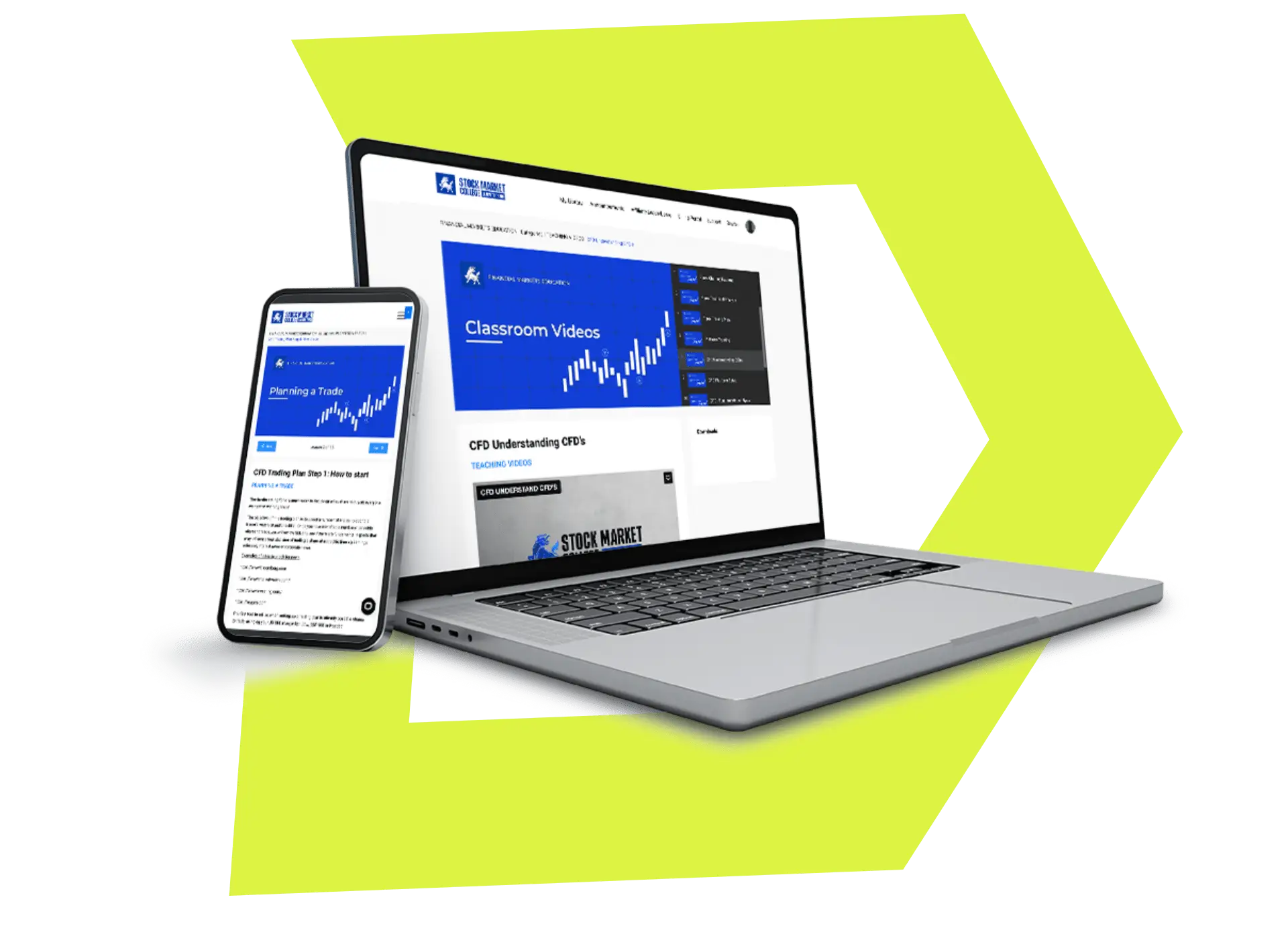GET TO KNOW:
Which instrument to buy that will lead to profit
When is it the right time to buy
When is a good time to sell and take profit
What factors to consider to minimise risk
Plan your trade from start to finish
Execute a trade
Analyse the result
RESOURCES:
A trading account with our preferred broker, QuickTrade.World
The installation of the trading platform MT5
An interactive learning management system
Workshops via Zoom
Recorded classes to revisit
Downloadable PDFs and video tutorials
One-on-one session with our head lecturer
Bonus $50 in your trading account on completion of the course!



